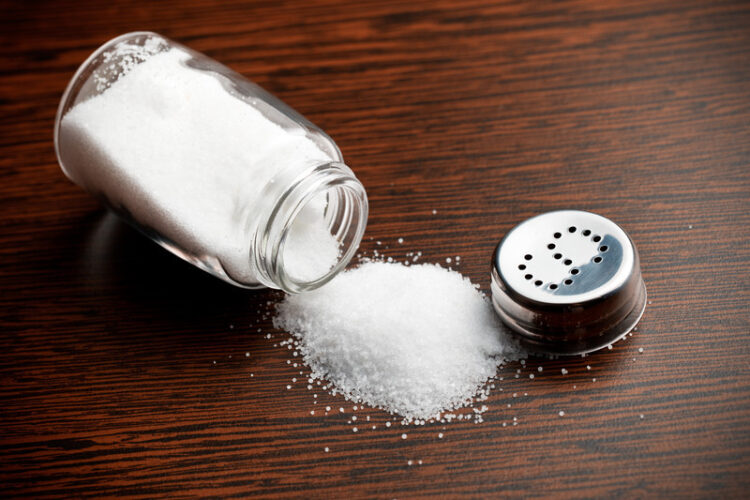While salt may improve the taste of our meals, excessive consumption poses a serious risk to our health, particularly the heart and overall well-being.
Last year, the World Health Organization (WHO) discovered that excess sodium (the major element in salt) is one of the leading causes of mortality and disease worldwide.
Sodium is an essential nutrient in the body that contributes to plasma volume maintenance, acid-base balance, nerve impulse transmission, and normal cell function.
While excess salt is linked to adverse health effects like high blood pressure, lack of it can also lead to severe medical conditions.
Dr Prabhat Ranjan Sinha, Senior Consultant, Internal Medicine at Aakash Healthcare, said, “The amount of sodium chloride is controlled by the kidneys so salt is required by the body in a particular amount.”
According to the WHO, the consumption of five grams of salt is normal every day. But having too little could cause serious conditions like coma.
If sodium levels are low, the kidneys begin to accumulate salt. Hyponatremia is a condition caused by severely low salt consumption.
This occurs when the body possesses fewer than the recommended 135 milliequivalents per liter (mEq/L). According to Dr. Prashant Sinha, Head Emergency, PSRI Hospital, “the depletion of salt in the body has severe complications” such as headaches, blackouts, lethargy, and dizziness.
In severe circumstances, when salt levels fall below 120 mEq/L, a person may develop convulsions, unconsciousness, or brain injury. The experts recommended adding normal salt to the diet on a daily basis, but not in excess.
Source:IT







 Finance
Finance







